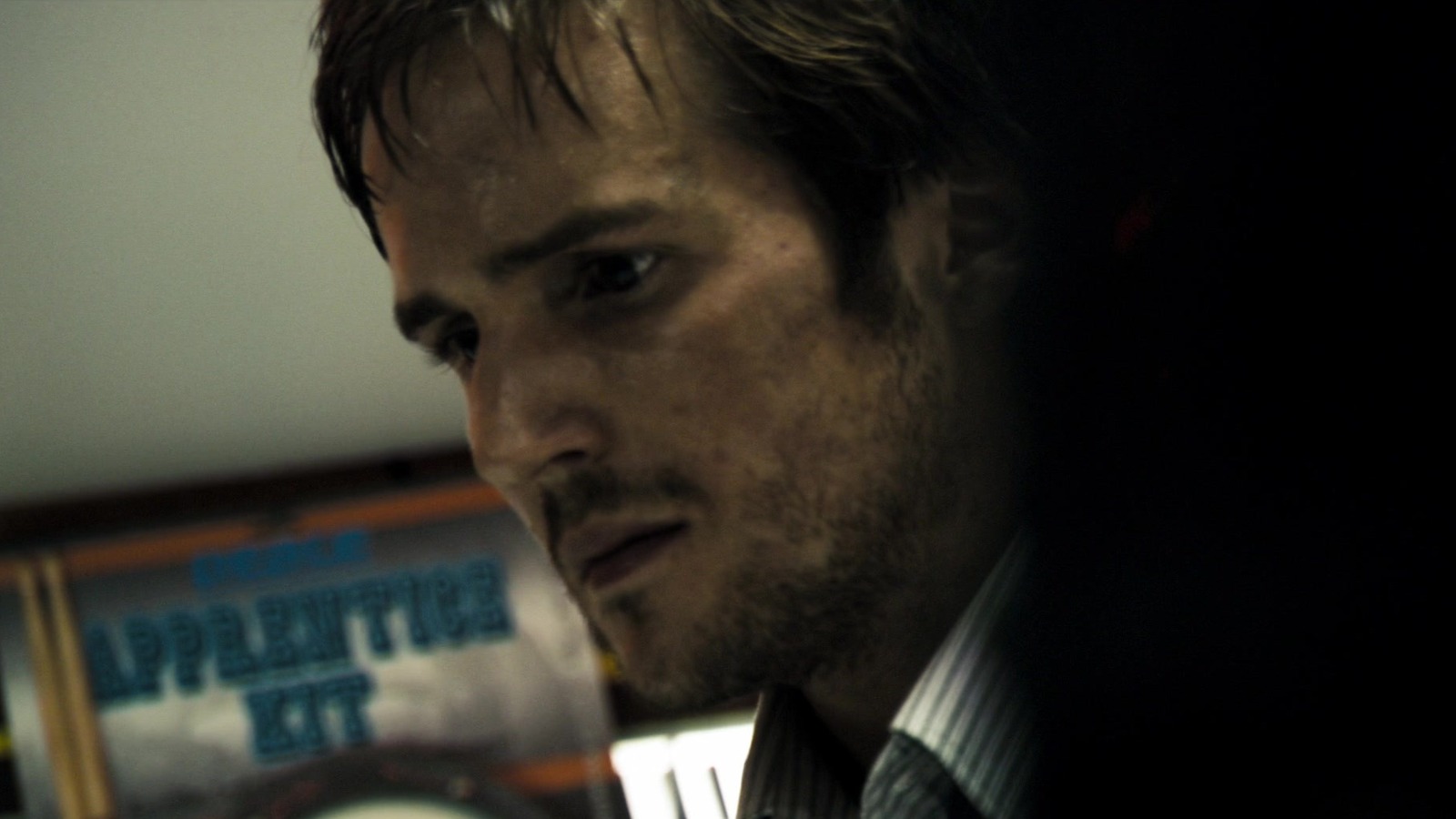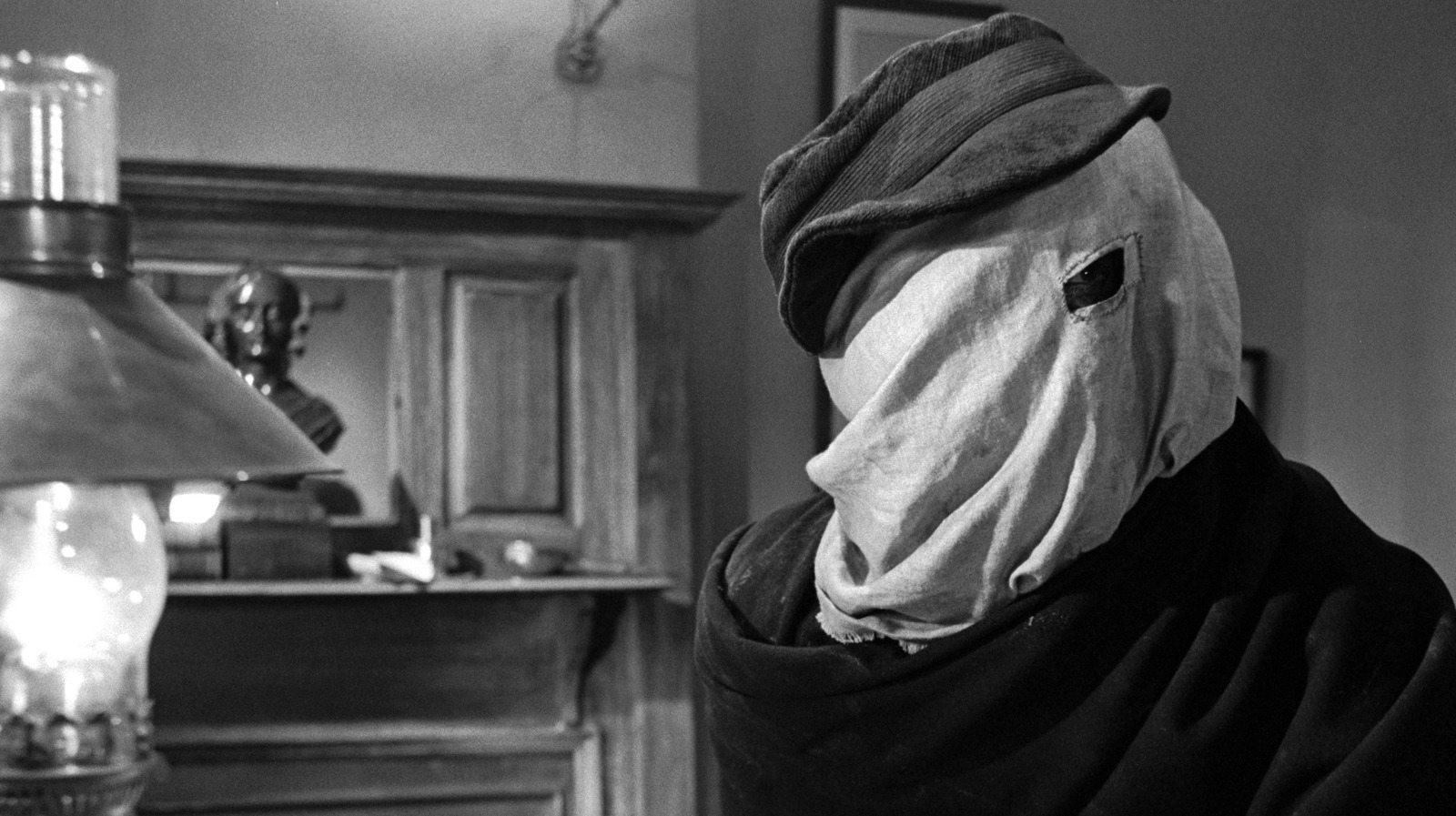Matt Reeves had decided to direct Cloverfield without a finished script
As any filmmaker knows, you go through the rigorous stages of pre-production so that when it comes time to shoot, you are as prepared as possible. Matt Reeves had expressed interest in directing the film, but wanted to wait until Drew Goddard had completed a finished script. The only problem was that there was no time to wait. Reeves explained the situation to The Hollywood Reporter:
"When I got there, I said to J.J. [Abrams], 'Well, before I figure out whether I'm going to do it or not, why don't I wait until Drew Goddard is done with the script?' And he said, 'You can't do that.' And I said, 'Why?' And he said, "Because we're shooting in 12 weeks." And I was like, 'What!?' So Drew and I started meeting and talking, and then JJ came over to talk. And so we started planning all of this, and it all happened so fast."
The "Cloverfield" team knew they wanted to make a monster movie set from the perspective of the people on the ground, but even something like that takes organization. When you're tapping into limited resources, sometimes you just have to work on the fly. However, a larger-budget found footage project like this not only requires shooting in New York City, but the logistics of the film's heavier VFX sequences must also be planned. I can't even imagine the pressure of having to commit hugely to an idea that wasn't even fully scripted, but they nailed it.
A tightly structured narrative is present in the margins, but the appeal of "Cloverfield" is in how much it sucks you into what feels like a personal retelling of the story of a alternate universe.

As any filmmaker knows, you go through the rigorous stages of pre-production so that when it comes time to shoot, you are as prepared as possible. Matt Reeves had expressed interest in directing the film, but wanted to wait until Drew Goddard had completed a finished script. The only problem was that there was no time to wait. Reeves explained the situation to The Hollywood Reporter:
"When I got there, I said to J.J. [Abrams], 'Well, before I figure out whether I'm going to do it or not, why don't I wait until Drew Goddard is done with the script?' And he said, 'You can't do that.' And I said, 'Why?' And he said, "Because we're shooting in 12 weeks." And I was like, 'What!?' So Drew and I started meeting and talking, and then JJ came over to talk. And so we started planning all of this, and it all happened so fast."
The "Cloverfield" team knew they wanted to make a monster movie set from the perspective of the people on the ground, but even something like that takes organization. When you're tapping into limited resources, sometimes you just have to work on the fly. However, a larger-budget found footage project like this not only requires shooting in New York City, but the logistics of the film's heavier VFX sequences must also be planned. I can't even imagine the pressure of having to commit hugely to an idea that wasn't even fully scripted, but they nailed it.
A tightly structured narrative is present in the margins, but the appeal of "Cloverfield" is in how much it sucks you into what feels like a personal retelling of the story of a alternate universe.
What's Your Reaction?















![Three of ID's top PR executives quit ad firm Powerhouse [EXCLUSIVE]](https://variety.com/wp-content/uploads/2023/02/ID-PR-Logo.jpg?#)







